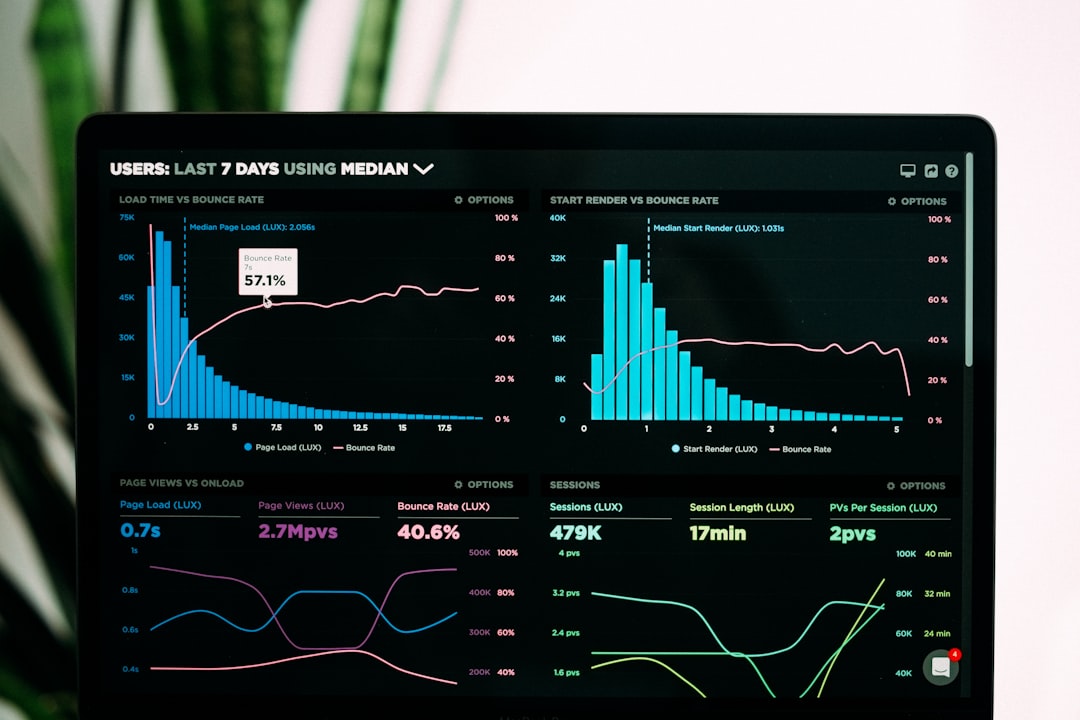In today’s rapidly evolving academic landscape, leveraging AI tools like ChatGPT can significantly enhance the efficiency and depth of research, especially when working with scientific journals. Researchers, students, and professionals alike can benefit from well-crafted prompts that help extract relevant data, generate insights, and synthesize complex information. However, the key to unlocking ChatGPT’s potential lies in using the right prompts tailored to academic research.
Whether you are conducting a literature review, analyzing a specific field of study, or preparing a discussion for a scientific paper, using strategic and precise ChatGPT prompts can streamline your work. This article presents trusted and effective prompts specifically designed for scientific journal research.
Why Use ChatGPT for Research in Scientific Journals?
Artificial Intelligence tools like ChatGPT provide researchers with an invaluable support system to process large volumes of academic content. While ChatGPT does not have real-time access to every scientific database, its training on a wide array of academic texts allows it to be a strong partner when you need:
- Summarization of complex articles
- Idea synthesis from multiple sources
- Exploration of interdisciplinary connections
- Research topic refinement and hypothesis generation
The right prompts can guide ChatGPT towards producing more academically rigorous responses that fit your exact research needs.
Best Practices for Writing Effective Research Prompts
Before exploring the top prompts, it’s vital to understand how to frame them. The most effective prompts for scientific journal research generally include:
- Specificity: Define the field of interest (e.g., molecular biology, materials science, etc.)
- Clarity: Use academic terminology to reduce ambiguity
- Scope Limitation: Narrow the focus to increase the quality of the output
- Contextual Background: Provide some details for better precision in response
Now, let’s look at some of the most useful ChatGPT prompts specifically curated for research on scientific journals.
Top ChatGPT Prompts for Scientific Journal Research
1. Literature Review Support
Conducting an effective literature review is the foundation of any scientific research. These prompts help you gather a structured overview of existing studies:
- “Summarize the key findings of recent research articles on [topic], including trends and gaps over the past five years.”
- “Create a comparative analysis of the methods used in studies on [subject] within the field of [discipline].”
- “Based on academic research, what are the main theoretical frameworks applied to [topic]?”

2. Identifying Gaps and Formulating Hypotheses
Spotting gaps in literature and generating research questions or hypotheses is a common step in journal research. Try these prompts:
- “From current literature in [field], identify existing knowledge gaps or underexplored areas.”
- “Suggest five potential research questions based on recent challenges or limitations presented in [topic] studies.”
- “Formulate a testable hypothesis related to [specific research question] based on peer-reviewed findings.”
3. Understanding Complex Theories and Models
Scientific publications often present dense theoretical frameworks. Use ChatGPT to simplify and understand these concepts:
- “Explain the [name of theory or model] as it’s applied in recent research related to [topic].”
- “Provide a simplified breakdown of the mathematical model used in [specific research paper or topic].”
- “Compare the [Theory A] and [Theory B] in terms of their assumptions, applications, and limitations.”
4. Generating Structured Summaries
Summarizing articles in a structured format helps maintain consistency in research tracking. Apply prompts such as:
- “Provide a summary including aim, methodology, key findings, and conclusion of the study: [paste abstract or citation].”
- “Create a bullet-point outline summarizing the main arguments from this research article on [topic].”
5. Enhancing Data Interpretation
If you want to better understand the statistical or methodological presentation of datasets in a paper:
- “Explain the meaning and significance of the results section in this scientific abstract: [insert abstract].”
- “What do the statistical values (e.g., p-value, confidence interval) in this study’s conclusion imply for the reliability of findings?”

6. Drafting Review or Discussion Sections
If you’re writing your own article or scientific commentary, use ChatGPT to organize your thoughts and form discussion points:
- “Based on the literature, formulate a discussion that connects these findings with current debates in [field].”
- “Draft a critical evaluation paragraph of this article’s contribution to [specific scientific community].”
7. Creating Annotated Bibliographies
When assembling a list of sources, annotated bibliographies are a helpful reference tool. Let ChatGPT assist with prompts like:
- “Generate an annotated bibliography for these articles (provide citations), including brief summaries and relevance to [theme].”
8. Interdisciplinary Connections
Scientific innovation often lies at the intersection of fields. Use prompts to bridge disciplines:
- “How does research in [Field A] relate to developments in [Field B] based on current peer-reviewed articles?”
- “Identify interdisciplinary implications of studies on [topic] for environmental policy/biomedical engineering/etc.”
Limitations and Ethical Considerations
While ChatGPT is a powerful assistant, it is critical to remember that its outputs are based on pre-existing data up to 2023 or 2024, and it does not have access to subscription-based or real-time journal content. Therefore, it is essential to cross-reference all AI-assisted research with original publications.
Ethically, always cite the actual source and use ChatGPT as a guide, not a substitute for thorough academic investigation. Prompts should be used to assist comprehension and productivity—not to fabricate or misrepresent research.
Conclusion
The process of conducting accurate and compelling research in scientific disciplines requires a balance of analytical skill and comprehensive literature understanding. With expertly guided prompts, ChatGPT can act as a valuable collaborator—offering summaries, generating innovative ideas, identifying gaps, and even refining hypotheses. As AI continues to evolve, mastering the art of prompt engineering will remain a strong advantage for any researcher delving into the complex world of scientific journals.
Use these prompts as templates, adapt them according to your subject area, and always ensure that the output is validated against primary sources.


